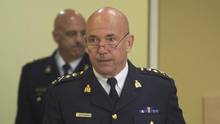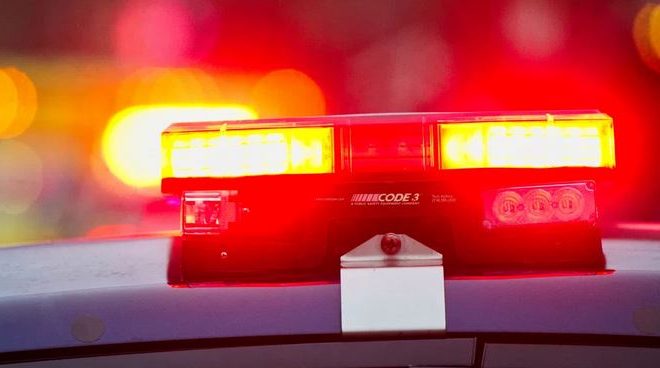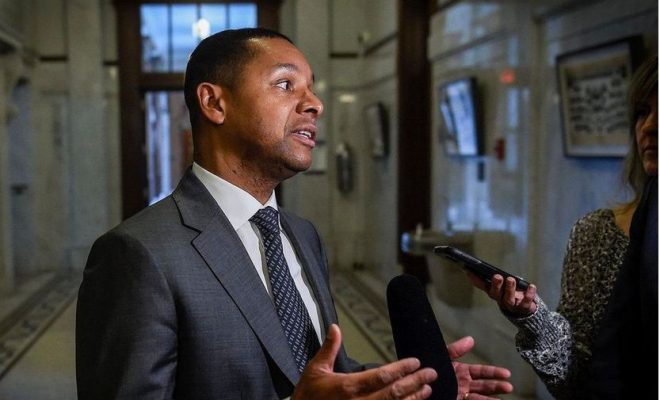RCMP Seek Access to Panama Papers as Part of Tax-Evasion Investigation

RCMP Commissioner Bob Paulson says the Mounties are “hopeful” they will soon get access to the Panama Papers as part of a criminal investigation into income-tax evasion and money laundering by Canadians with assets in offshore tax havens.
Commissioner Paulson would not disclose how the RCMP expect to obtain the 11 million leaked documents known as the Panama Papers, which date back four decades and are allegedly connected to the Panamanian law firm Mossack Fonseca, which specializes in the creation of shell companies in tax havens around the world.
“Yes, we are interested in getting our hands on them and what criminality it may represent and what investigations that we should pursue,” Commissioner Paulson told reporters after testifying before the Senate committee on national security and defence. “We are obviously interested what those papers and the discussions around those papers – what it means and what criminality may be at play.”
RCMP Deputy Commissioner Mike Cabana had told Senators the RCMP have discussed with “foreign partners” how the force could obtain the documents and said they expected to “see the documents in their entirety.” Deputy Commissioner Cabana said the RCMP have not been involved in discussions with the government of Panama.
When reporters later asked Commissioner Paulson whether the RCMP were planning to obtain the massive records of shell companies and offshore accounts through either judicial warrant or voluntary disclosure, he was circumspect.
“I got to be frank, I am a little uncomfortable about discussing what we are doing to get the papers,” he said. “There are tremendous suggestions of criminality and we are going to have to proceed very carefully. Particularly when we do investigations of these types we like to have some discretion and ability to manage that.”
Commissioner Paulson did say “we are hopeful” the RCMP would soon acquire the Panama Papers. Once the force obtains the documents, he said, RCMP investigators would be working with the Financial Transactions and Reports Analysis Centre (FinTRAC), the federal agency that tracks money laundering, and other international law-enforcement agencies to begin criminal investigations of people suspected of hiding money in offshore accounts.
The International Consortium of Investigative Journalists (ICIJ) obtained the Panama Papers from a German newspaper and published a large cache of the documents last month. The consortium is planning another major release of documents on May 9, which it said will “likely be the largest ever release of secret offshore companies and the people behind them.”
Deputy Commissioner Cabana said he was aware the tranche of financial data expected on May 9 could contain information on Canadians who have hidden money offshore. Next week’s release will be able to be accessed through a searchable database.
“The searchable database will include information about more than 200,000 companies, trusts, foundations and funds incorporated in 21 tax havens from Hong Kong to Nevada in the United States,” the ICIJ said in a news release.
The Panama Papers named 12 current and former world leaders as well as 128 other politicians and public figures. Sigmundur David Gunnlaugsson stepped down as prime minister of Iceland after he was named in the 28,000 documents released in April.
Russian President Vladimir Putin was also included in the April document release for a suspected billion-dollar money-laundering ring involving his close associates. He quickly denied the allegation and blamed the United States for attempting to smear him and his friends.
Other leaders implicated in the leaked documents include Argentinian President Mauricio Macri, Pakistan’s Prime Minister Nawaz Sharif and Ukraine’s President Petro Poroshenko.








